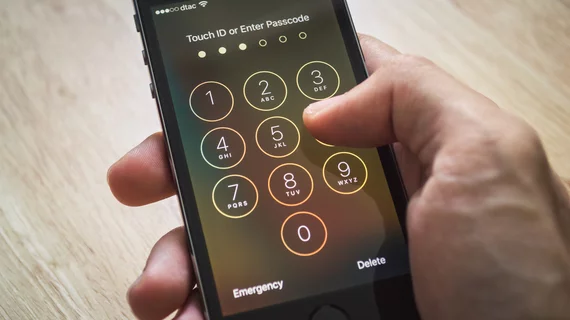Slack may venture into healthcare
Slack, a messaging app for business, could be on the brink of venturing into the healthcare space. The company recently filed confidential initial public offering (IPO) papers with the SEC earlier this month and updated its security page to note HIPAA compliance, according to CNBC.
Compliance with HIPPA, or the Health Insurance Portability and Accountability Act of 1996, ensures the privacy and protection of health information. The move sets up Slack to potentially upload and send health information.
The reports come at a time when other major technology companies, including Apple, continue to take larger steps into the healthcare sector through their products and services.
“Slack Technologies, Inc. today announced that it has confidentially submitted a draft registration statement on Form S-1 with the [SEC] relating to the proposed public listing of its Class A common stock,” read a prepared statement issued by the company. “The public listing is expected to take place after the SEC completes its review process, subject to market and other conditions.”
Many providers already use Slack for administrative matters that do not incorporate patient-sensitive information.
At present, the compliance only extends to file uploading and not for direct messages or communication between healthcare providers. However, Slack will expand its HIPPA-compliant scope to include messaging, sources who spoke to CNBC said.
To read the story, click the link below.

